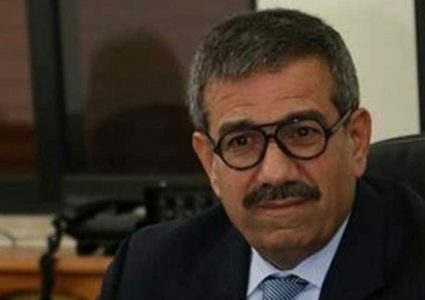It is not the first time that the Sudanese army has stolen the results of the popular civil revolutions that broke out since independence in 1956 until today.
In every protest movement carried out by the Sudanese street, led by political parties, against a corrupt rule or authoritarian dictatorship, and succeeds in overthrowing a previous regime, until the army intervenes under different titles, pretexts, and pretexts, and controls the capabilities of power and governance, making false promises, for the return of civilians to power or Ending corruption, or other titles, this is what Ibrahim Abboud, Jaafar al-Numeiri and Omar al-Bashir did previously, and this is what Abdel Fattah al-Burhan did and still does.
What is new is the alliance that took place between the army commander, the leader of the coup, Al-Burhan, and the commander of the intervention forces, Muhammad Daglo Hamditi, who had a disagreement, and the bloody conflict broke out between them as we have been seeing it for days.
Many factors have prevented the people of Sudan from achieving their goals: democracy, pluralism, stability and decent living in a country rich in its food resources, including animals, agriculture and raw materials. These factors can be summarized as follows:
First: The weakness of the political parties and their inability to fulfill the frontal values and the failure to reach real common denominators among them through a united and serious national front that leads to mutual respect between the four political intellectual headings: 1- Islamic organizations, 2- The Communist Party, 3- The Baath Party, 4- Local national parties.
Whenever the street movement succeeds in overthrowing a former dictatorial rule or a corrupt regime, and the parties take over the administration of the state until their differences ignite, and give a justification for the army to intervene and end the partisan democratic system.
Second: the army's interference and control of power, the strong officers' ambitions for power and unilateralism in managing the state, and their rejection of democracy and resorting to the ballot box.
Third: The foreign interventions that play their role and influence in the course of events and direct them in favor of the military coup, because they refuse to assume the responsibility of the parties to manage the Sudanese state in accordance with the interests of the people of Sudan and their political and economic independence, and to keep them captive to backwardness, need, poverty, and dependency.
The bloody clashes between the two sides of the conflict: the army on one side, led by Al-Burhan, and the Rapid Intervention Forces, on the other, led by Daglo, will leave their devastating effects for years, regardless of who succeeds in liquidating the other.
They are both extremists, they disagree with each other, but they agree not to withdraw from power and not leave it to civilians, and they have been the same for 66 years since independence in 1956, when the army controlled power for more than 55 years, during which 17 coup attempts took place, of which three succeeded, and they seized power. For many years: Ibrahim Abboud, Jaafar al-Numeiri, Omar al-Bashir, and here is Al-Burhan, since his coup in 2019, looking for all pretexts and reasons to keep him in power for as long as possible.



Share your opinion
The sufferings of Sudan